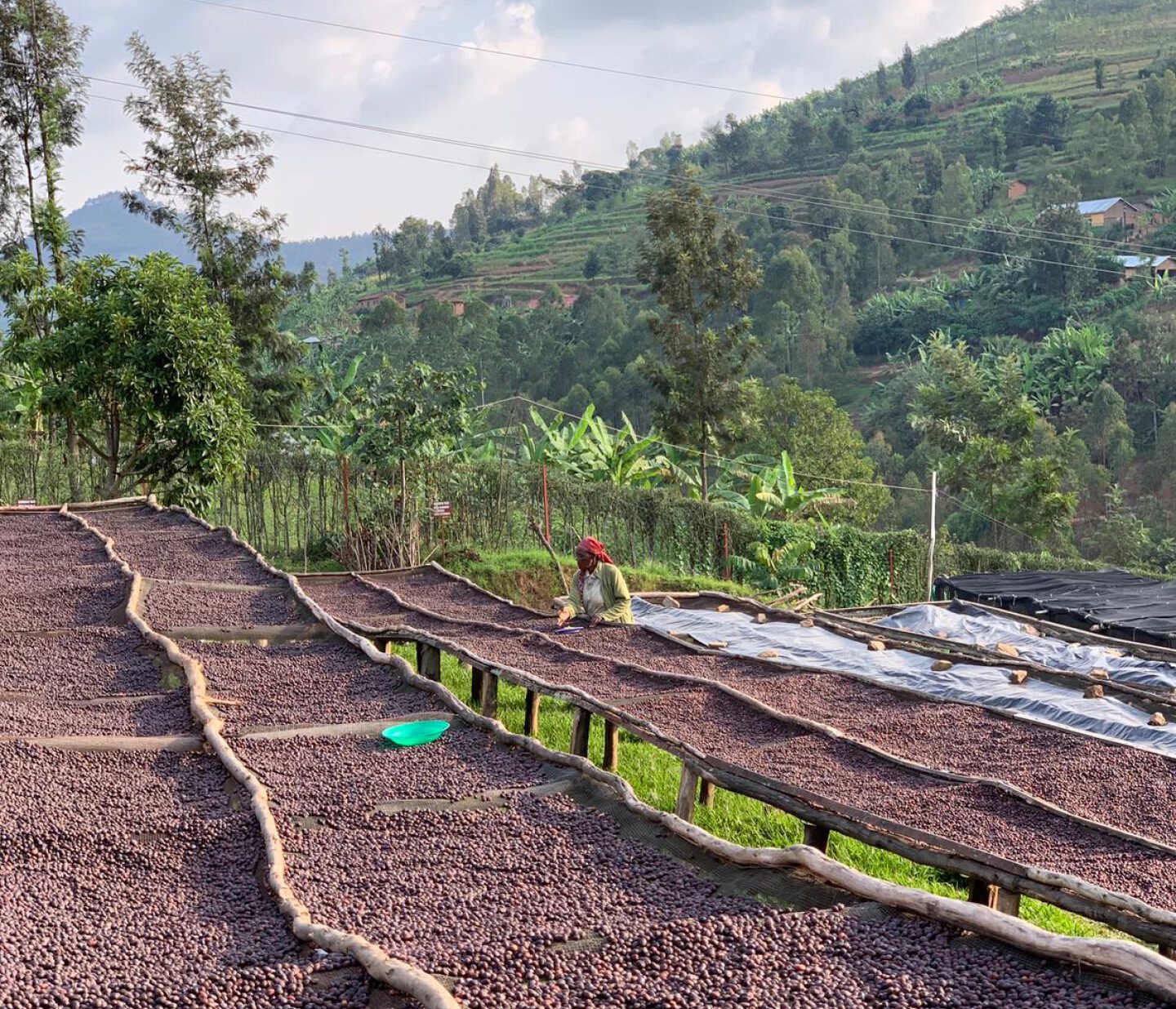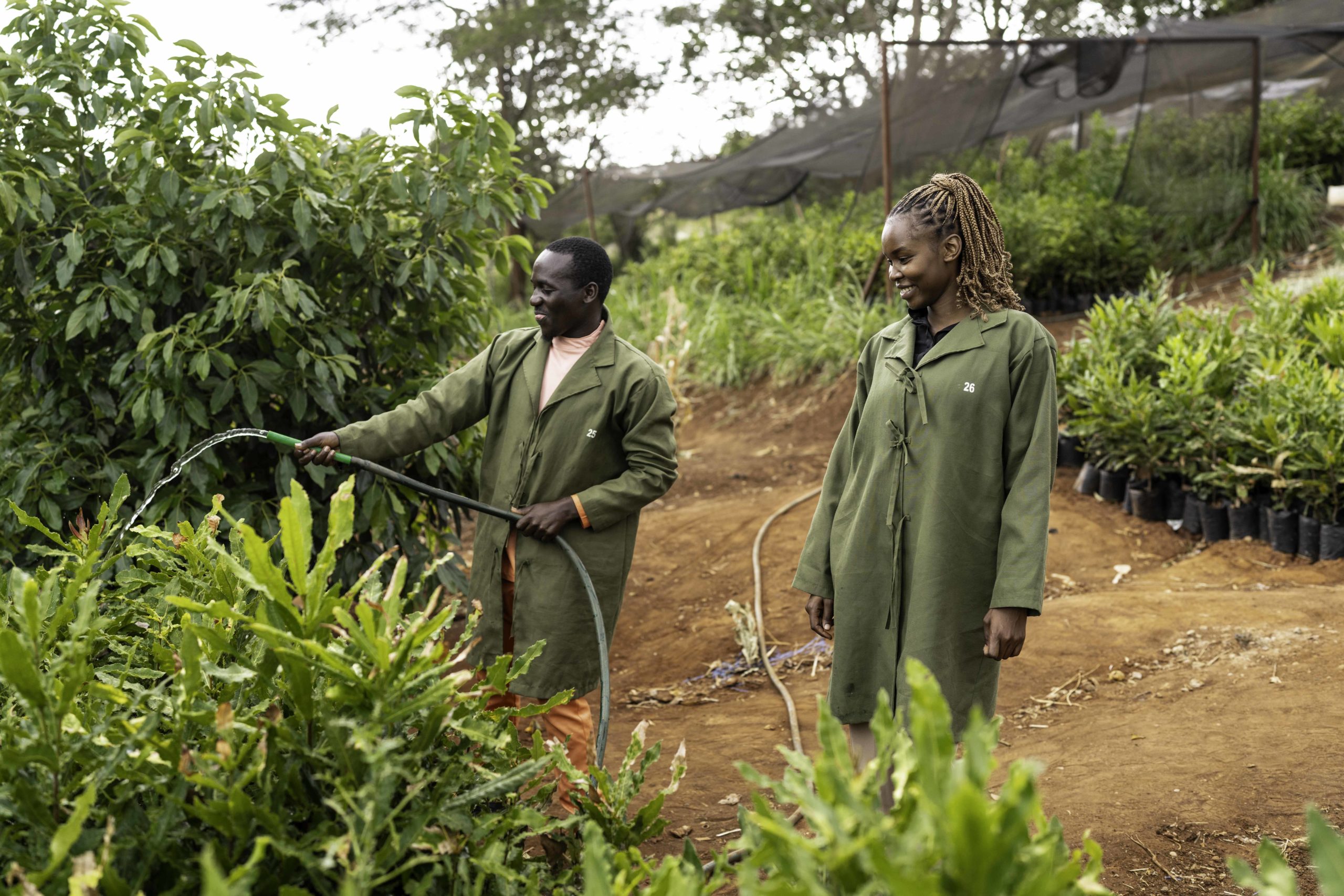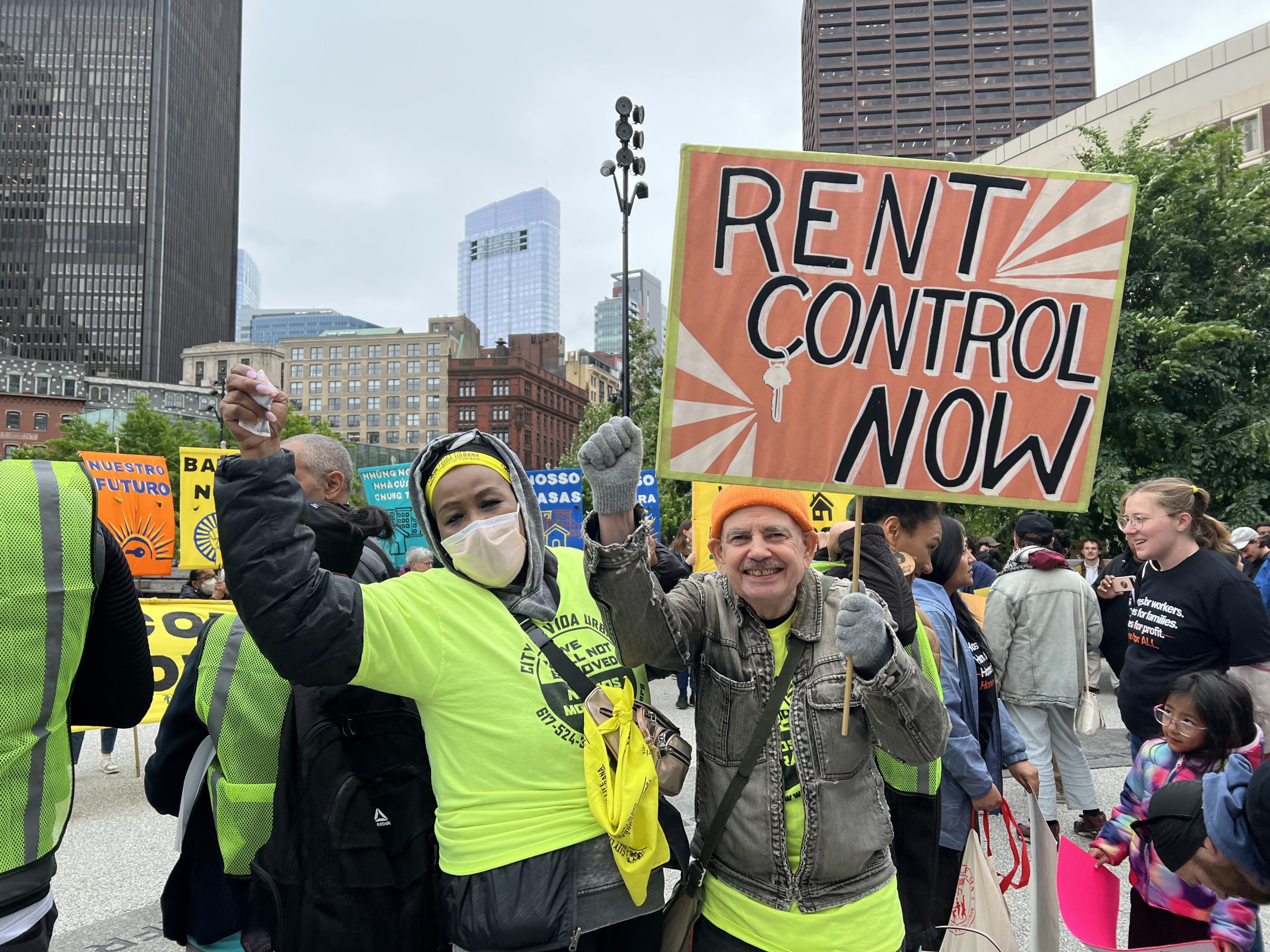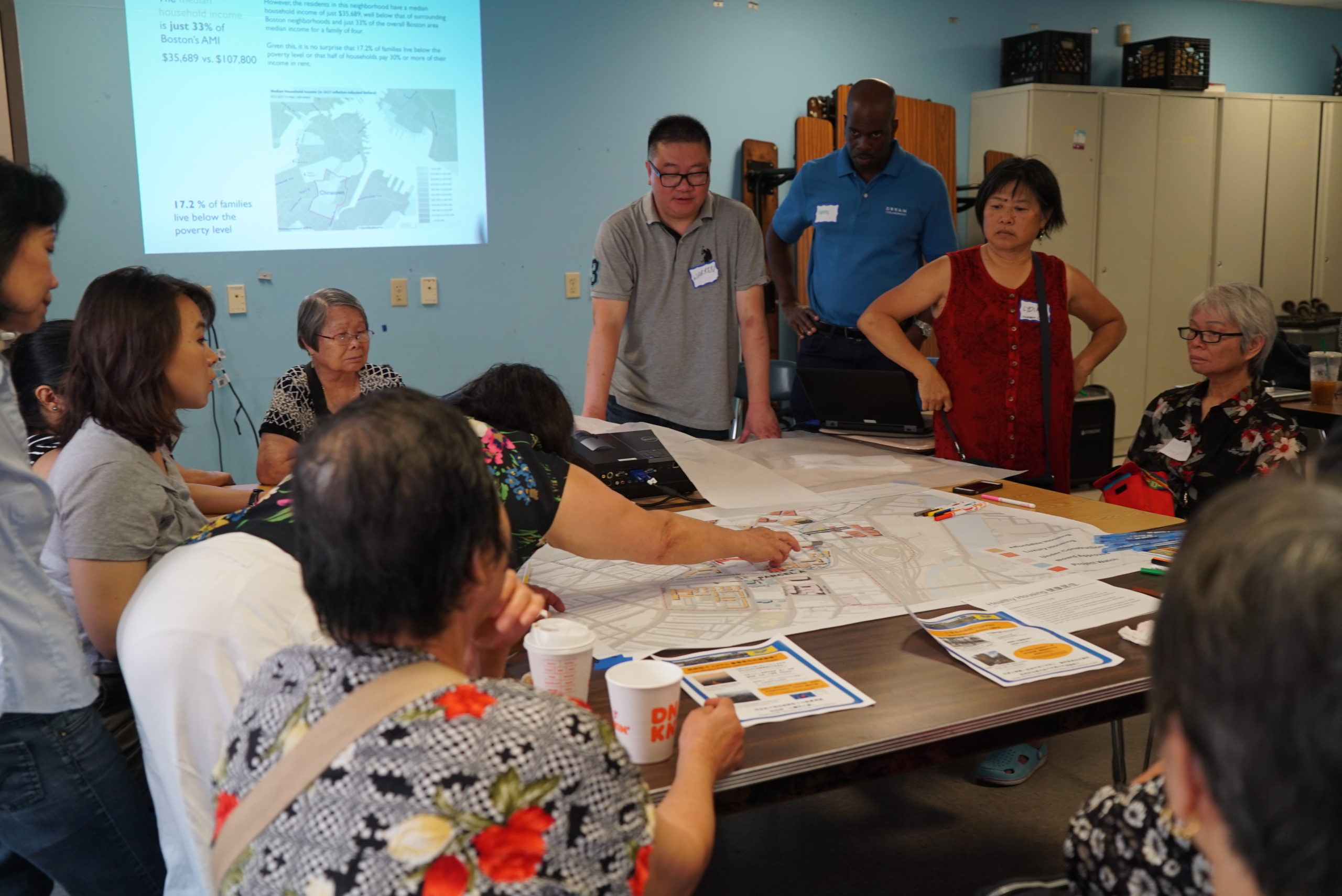Accompaniment Philanthropy: Trust, Flexibility, and Shared Learning
Learn more about Wagner’s trust-based accompaniment approach to giving and how it’s positively impacted the Foundation’s work with its longtime partner, Root Capital.
To truly be healthy, we all need a pathway to economic wellbeing - decent work, fair wages, stable housing, and wealth-building opportunities for individuals and communities.

Everyone should have the opportunity to not only meet their essential economic needs but also earn incomes and build assets that will sustain them for the long term.
Yet in the United States and around the world, entrenched economic systems favor some while neglecting the needs of many—especially those already living in poverty. In many low-income communities globally, the opportunity to build wealth is scarce, making it extremely difficult for individuals to support their families and to thrive.
At Wagner, we fund organizations that work to build individual and community wealth through advancing alternative financial models that create pathways to income-producing assets for those historically unable to access traditional financial systems. These models center community ownership, community governance, and community power, all of which we see as vital components of a healthy community and essential to driving economic wellbeing.



In many low to middle-income countries, there is a high dependency on agriculture as an economic engine and as a source of income for much of the population, especially those living in rural poverty. However, the sector is overwhelmingly made up of smallholder farmers, who face numerous obstacles to sustain their livelihoods. These include limited access to land, inequitable market access to sell crops, a lack of resources to buy quality inputs for farming, the escalating impacts of climate change, and gender inequality to name a few.
We invest in organizations working in Africa, Latin America, and Haiti at the individual farmer level as well as with agribusinesses and cooperatives supporting smallholder farmers directly to address the root cause of these systemic obstacles. The goal of this work is to enhance farmers’ livelihoods, foster the inclusion of women, and contribute to the development of sustainable farming practices so that individuals and communities are adequately resourced to meet their needs.
We believe that smallholder farmers, who rely on agriculture for their incomes, should be able to earn a decent living and support their families. But too often, farmers go hungry. While smallholder farmers produce 30% of the world’s food supply, they often live in poverty and face food insecurity. This is driven by limited access to land; a lack of resources to buy the inputs, technology and tools they need to farm; barriers to profitable markets where they can sell their products at a fair price; and the ongoing impacts of climate change. Specific to climate change, smallholder farmers are among the most threatened, yet they receive less than 1% of global climate finance.
As a result of these systemic barriers, smallholder farmers are often unable to meet the market demand to make a sustainable income and instead focus their efforts on producing just enough food for their households. Any small surplus is sold for money to be used towards other essential needs like healthcare or education.
Agricultural enterprises play a critical role in the livelihoods of smallholder farmers by providing access to capital, training, collective bargaining power, access to markets, and other services. Through our investments in organizations and cooperatives in the agriculture sector in Africa, Latin America, and Haiti, we help create opportunities for smallholder farmers to own land, produce more food, access markets, and secure the financing they need to start and sustain their businesses. We support strategies that champion evidence-driven agricultural practices that increase production and profitability for smallholder farmers.
Creating equitable and resilient food systems is vital to supporting the livelihoods of the millions of small-scale agricultural producers and the billions more who rely on the food they produce. By investing in agricultural livelihoods, we strive to help people unlock their full potential and lift themselves and their communities out of poverty.
We envision a world in which women are seen and valued for their contributions to the economy. Women represent 43% of global agricultural workforce. Despite playing an essential role in global agricultural systems, they commonly face significant discrimination in land ownership, educational opportunities, access to credit, equal pay, and participation in decision-making. These structural barriers are compounded by the unequal burden of domestic work — woman often must balance household responsibilities and childcare in addition to family-sustaining agricultural work.
Guided by our partners and the communities they serve, Wagner’s investments focus on ensuring women have equitable access to inputs and competitive markets to sell their products. Additionally, we aim to help establish technical assistance support responsive to their unique needs and create gender-responsive agricultural value chains at all levels.

The American dream is fading, making it increasingly difficult for children to end up better off than their parents. Nearly two in five young people in the US struggle to meet basic needs like food, housing and transportation. Despite tremendous effort and resources over the past fifty years, poverty rates in the US have not budged. What’s more, there are major disparities in wealth accumulation by race in this country, where in Boston, the median net worth of a white family is $247,500 compared to $8 for Black families. Access to income-producing assets remains elusive for many, highlighting the urgent need for reform in our approach.
Through targeted support and strategic partnerships focused on community ownership models and access to capital for entrepreneurs, we strive to address these inequities and the lack of reliable pathways for individuals and communities to build wealth.
Wealth is more than income — it’s ownership, stability, and the ability to shape one’s future. Yet systemic barriers have made it difficult for low-income communities and communities of color to build generational wealth through home and small business ownership. In Greater Boston, we face an affordability crisis. Rising commercial rents and real estate speculation continue to push out small businesses and long-time residents, widening the growing wealth gap.
We support efforts that increase access to capital for historically excluded entrepreneurs; expand community control of land through models like community land trusts; and strengthen local small businesses through technical assistance and strategies for long-term growth and sustainability. By prioritizing local ownership, we work to ensure that development benefits residents, not just investors, and that wealth remains in the communities that create it.